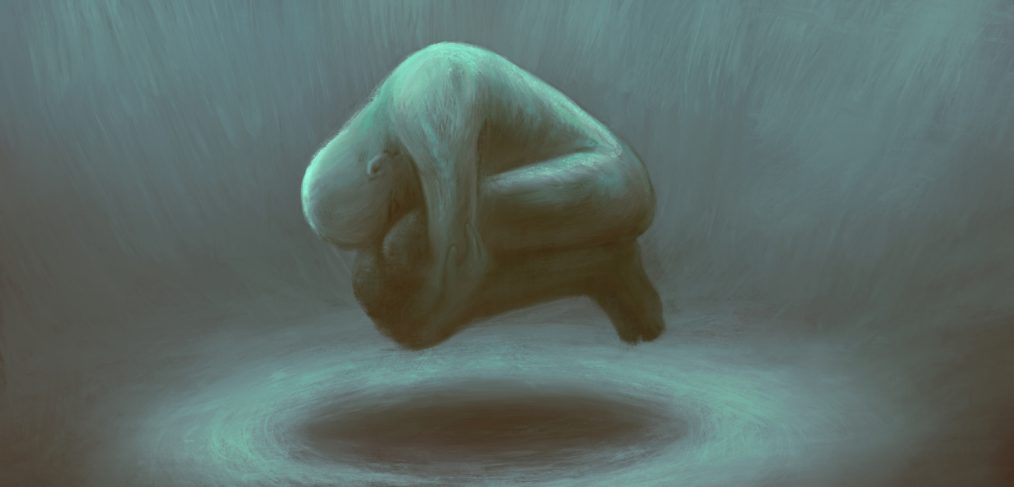
Why Should I Care? The Nature of Indifference
The universe is not hostile, nor yet is it friendly, it is simply indifferent.
~J.H. Holmes
When we swat a mosquito, we don’t necessarily have any hostility toward it or its actions; we are indifferent. We are merely getting rid of an annoyance. That may be our attitude toward a great many things in the world—we don’t give them much thought, and we don’t care that much, if at all. For us to care about something, it must have some kind of emotional connection to us. We must have a reason for feeling something, positive or negative, about it and how we interact with it. Sometimes our indifference is affected for a purpose, sometimes it is genuine. Sometimes indifference is intentional, while sometimes it is due to a lack of awareness. Sometimes we are aware, but there is no emotional connection—there is no common frame of reference that would make us care. We can know something or someone well but still be indifferent due to how little they are involved in our lives. And, in the same way that we should be aware of why we have strong emotions about something, we should be aware of when and why we don’t.
“Whatever…”
The stereotypical affected indifference of a teenager is another aspect worth noting. This kind of indifference is both a rebellious act and a defense mechanism. As children grow old enough to establish their own identities and opinions, they may not have acquired enough knowledge to challenge teachers or authority figures, so studied indifference to the ideas and values they are taught is the best they can do. Affected indifference can also be a coping mechanism in response to strong, overwhelming emotions they do not yet understand. As we become adults, we continue to develop our identities and acquire more knowledge and experience, but we may not lose indifference as a reaction when faced with something that we don’t know about or feel is being forced onto us.
Indifference with people
As we meet and interact with people, we presumably want them to like us (or love us). But that is not always the case. People who are driven by success or achieving a mission may care more about those goals than whether or not people like them. But are they truly indifferent to people’s feelings about them? Probably not. It’s in our nature to want people to like us, and any feelings to the contrary are likely affected or a defense mechanism. Such individuals may only care about the “right people” liking them—like-minded people or people who may be able to help them achieve their goals. These people may feign pride in the number and sort of enemies they’ve amassed as a symbol of their commitment to their goals.
In everyday interactions, indifference is, in many ways, a more hurtful emotion than hate. With hate, you probably understand why someone feels that way—it’s because of something you’ve done or a significant difference of opinion. With any strong negative emotion, there’s an implication that we have influenced someone—that we’ve reached them on an emotional level. With indifference, we have to come to terms with the fact that we just don’t matter all that much to that person. When we are trying to make someone, for example, a romantic interest, notice us, our goal is to develop an emotional connection. We may find that there are reasons why the other person doesn’t respond—dissimilar interests or values for example. That can be hurtful, but at least it is something we can understand. If we aren’t able to get a person to notice us at all—if they remain indifferent—that can be even more hurtful.
Apathy
One of the most dangerous forms of indifference is that directed toward the world at large—an overriding sense of apathy. There is so much conflict, neglect, and need in the world that it can be a bit overwhelming. We want to make a difference—to care about the challenges our world is facing—but it can be hard to know where to start. There are also those that put their heads in the sand. They live in their own little, comfortable worlds, alone. They may believe they are somehow entitled to the lives they have when so much in those lives came about by sheer luck. They were born in places, to parents, and in circumstances that gave them tremendous advantages over others—not because of anything they did or accomplished. Still, they somehow believe that the rest of the world is not their responsibility. They are indifferent.
Others may have the potential to care about what is happening in the world but may not able to focus that attention as they feel overwhelmed by the breadth of the need. They can use this as an excuse not to act and become indifferent. So how can we choose what to care about? Some care about poverty, children in need, or racism. Others may care about climate change, pollution, or animal cruelty. We should go with our instincts and seek opportunities to make a difference. Just because we aren’t working to save the world as a whole (and nobody can), doesn’t mean we don’t care. We’re not indifferent, we’re directing our efforts where we can make the most difference.
Why do we care (or not)? In order to understand ourselves, we need to know what we care about and why. Part of this involves awareness of the indifference in our lives.



